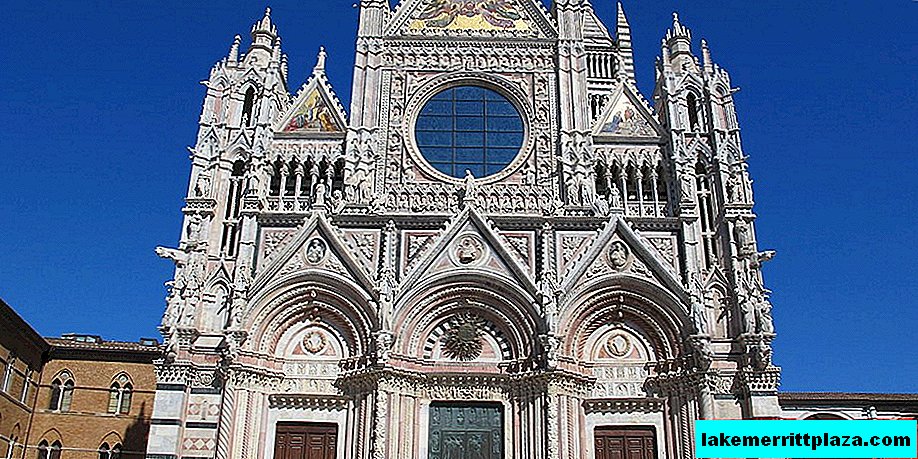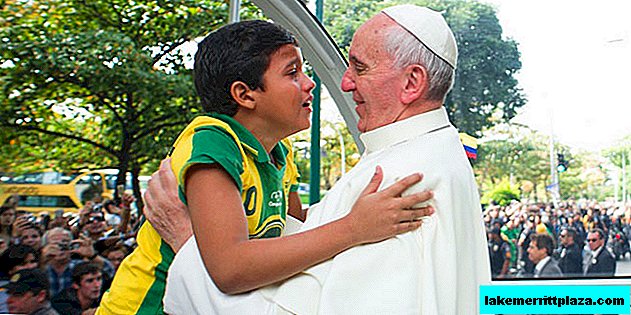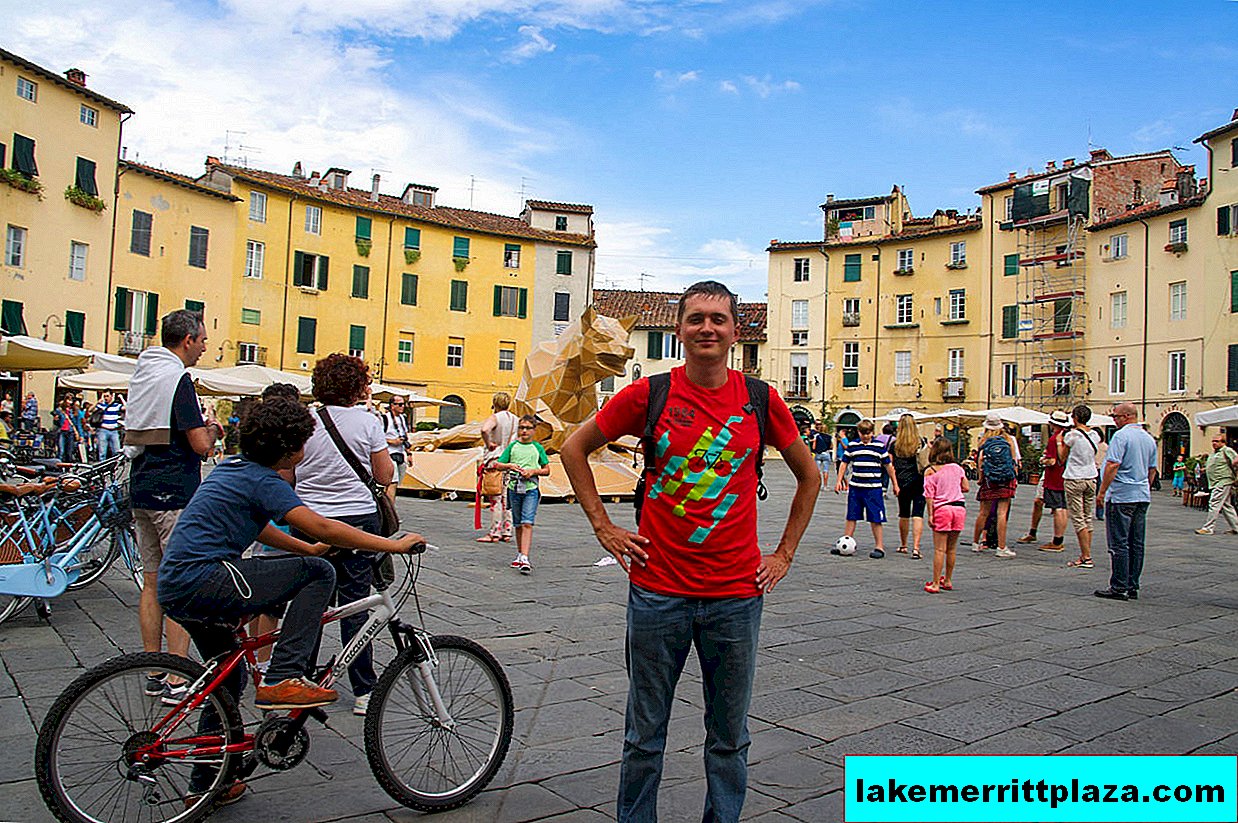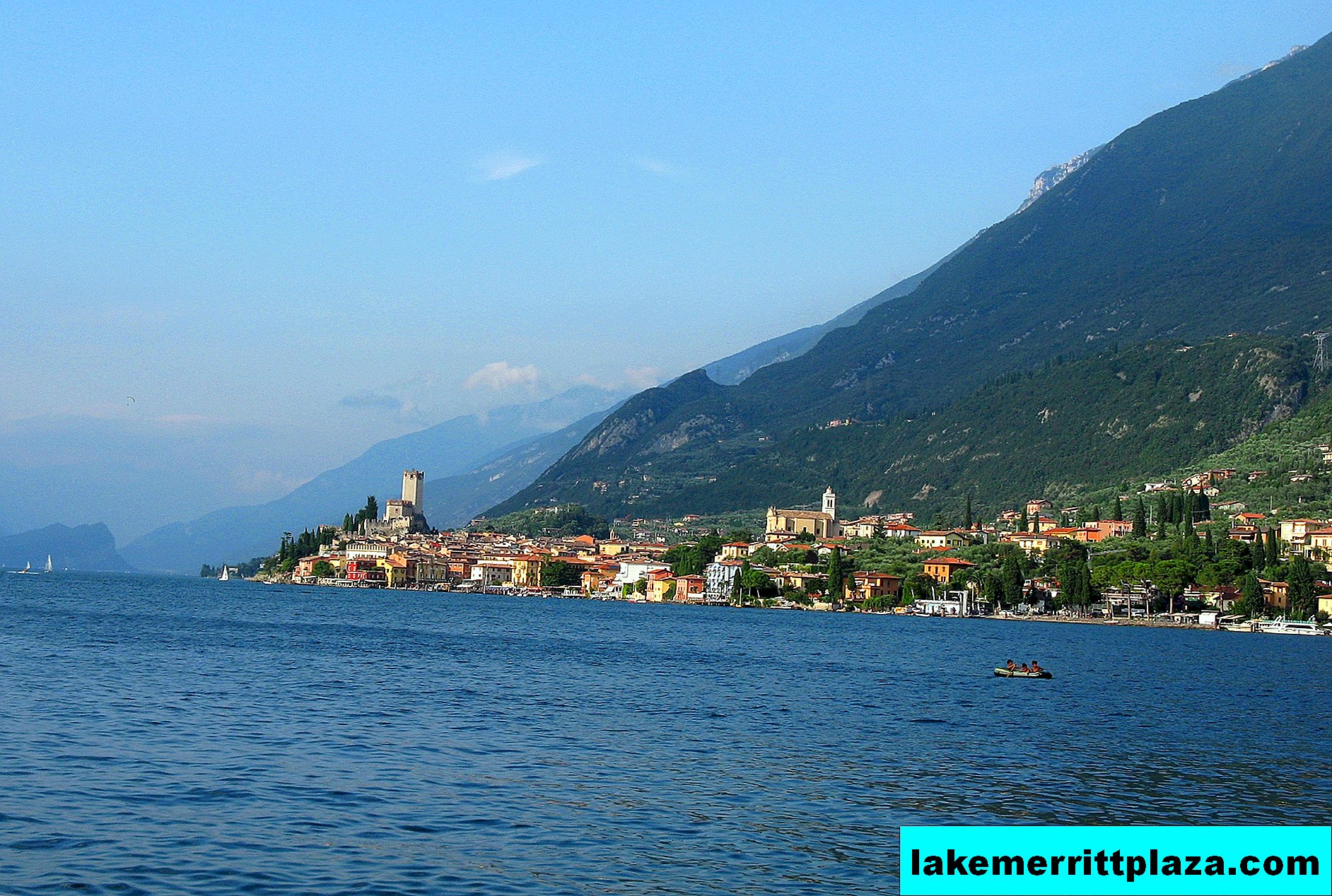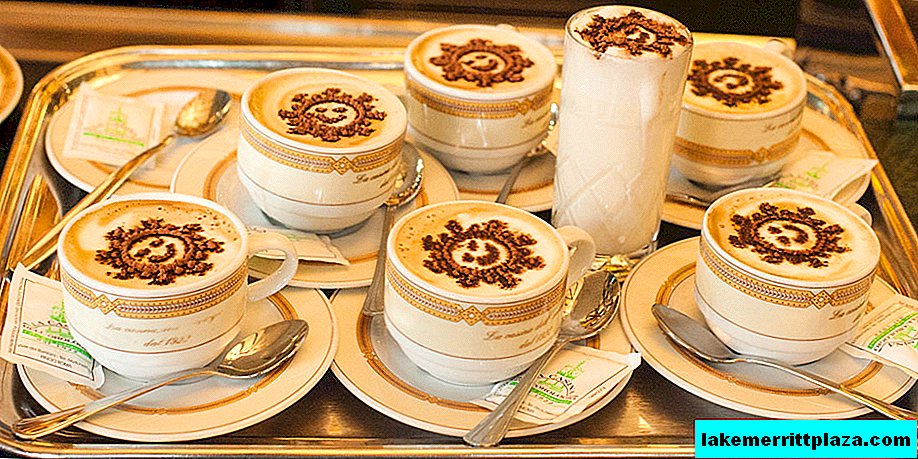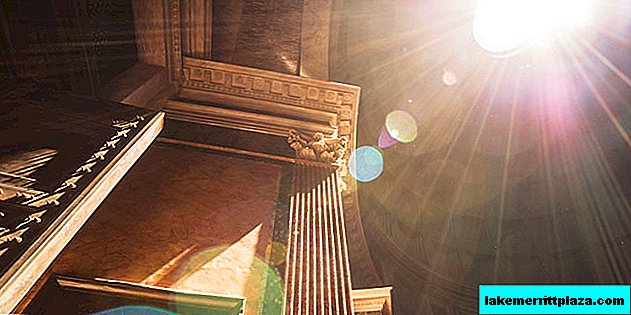Italian Prime Minister Enrico Letta has confirmed his decision to go to the XXII Olympic Games, which will be held in Sochi from February 7 to 23. At a press conference in Doha, the politician said that he intends to attend the Olympics not only in order to support the Italian national team, but also to raise the issue of a law recently adopted in Russia directed against people of non-traditional orientation.
“I made this decision after I discussed it with the President of the Republic, the Minister of Sports and the chairmen of CONI (Italian National Olympic Committee). We believe that my presence will be very justified.

I will present the candidacy of Rome as the host city of the 2024 Olympics, whose victory we sincerely believe.
I need to be in Sochi to put forward our proposal. ”Speaking about his other motive for the trip, in particular about raising the issue of anti-gay law in Russia, Letta explained:“ I insist that our country does not welcome such laws as its territory and beyond. We are against laws that discriminate against athletes and non-gay people. This idea is part of our culture. ”
However, the head of the Gay Center, Fabrizio Marrazzo, told reporters: “Who said Letta was going to discuss this issue in Sochi? And who said that Italy is the only country in Europe where there are no laws against homophobia and same-sex marriage? We'll see. Letta was supposed to ignore the Olympics, as Merkel, Hollande, Cameron and Obama did. He is making a mistake. While he will be present at the opening of the Olympic Games, we will protest near the Russian Embassy in Rome. ”
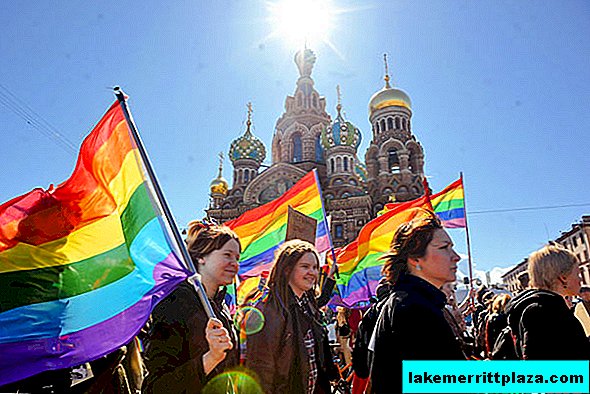
The Italian Mario Pescante, who is a member of the International Olympic Committee, said earlier that he was shocked by America’s decision to send four athletes to the Olympics who do not hide their unconventional orientation. Pescante explained that by doing this, the United States is simply trying to clearly demonstrate to Russia that the rights of gays and lesbians are in no way infringed on the territory of their country.
Pescante’s statement made a lot of noise in the press and was even accused of homophobia, but the IOC member denied everything, asserting that he “only wanted to avoid any political background at the Olympics.”
In mid-summer 2013, Russian President Vladimir Putin signed into law a ban on gay propaganda among people under the age of 18. The adopted document provides for fines from four thousand to one million Russian rubles.

Soon after the signing of the law, Putin received a flood of criticism from the heads of other states. For example, the President of the United States of America, Barack Obama, condemned the measure, saying to the media that he has no tolerance for countries that pass laws that violate the rights or dignity of homosexuals. Later, German Chancellor Angela Merkel and French President Francois Hollande joined Obama. All three declined Vladimir Putin’s invitation to attend the Olympics.



